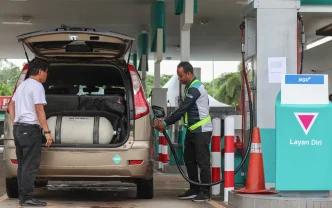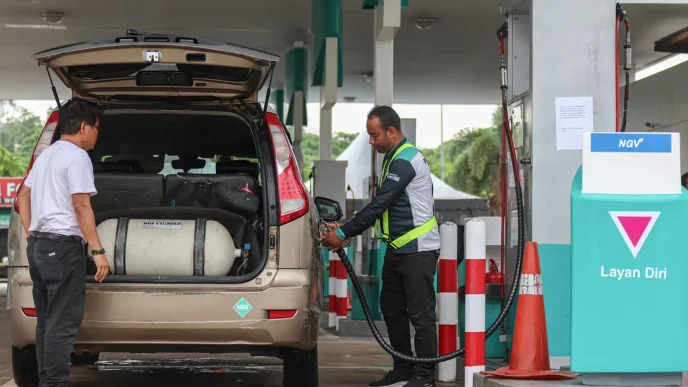The Alumni Association of the Department of Political Science, University of Ibadan, says courts should be more resolute in imposing long-term prison sentences on crude oil thieves.
In a statement on Wednesday, the association suggested that extended sentences would serve as a deterrent to others.
Reflecting on the cost of oil theft, the association said estimates indicate that Nigeria loses between 150,000 and 400,000 barrels of crude oil daily, leading to billions of dollars in lost revenue annually.
In September, the Nigerian National Petroleum Company (NNPC) Limited reported 218 cases of oil theft across the Niger Delta region.
Advertisement
Speaking on the issue, the association expressed concern about establishing evidence linking the 2023 removal of fuel subsidies and frequent spikes in fuel prices to increased oil theft.
“The fight against oil theft is not just a battle for Nigeria’s economic survival but also a crucial step toward ensuring peace, stability, and sustainable development in the Niger Delta and beyond,” the association said.
“There is a strong apprehension to find strong evidence that the 2023 removal of fuel subsidy and frequent spike in fuel prices was associated with increased level of oil theft.
Advertisement
“The implication of this apprehension is for future research and prevention of the criminal act of oil theft in Nigeria.”
The Unibadan group asked the government to strengthen ties with neighbouring countries.
“There must be persistent arrest and vigorous prosecution of oil thieves and their sponsors,” the association said.
“The courts should be more resolute and relentless in imposing long prison sentences on the perpetrators and confiscation of loots to serve as deterrent to others.
Advertisement
“The Nigerian government needs to strengthen stronger bilateral ties with her immediate neighboring states.”
The group said collaboration among customs personnel of the neighbouring states is critical for border control.
Add a comment










